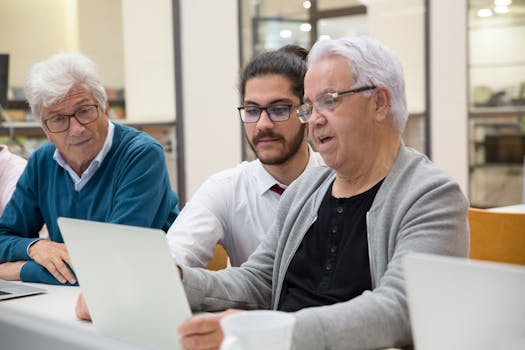Companies with the best and the worst technicals.
Lists of companies in NSE500 with the best and the worst technicals...
Lists of companies in NSE500 with the best and the worst technicals...
Lists of companies in NSE500 with the best and the worst fundamentals...
List of the latest important filings for NSE500....

This article examines the recent scandal involving electric taxi startup BluSmart, where...

This article explores the recent surge in searches for personal loans in...

This article delves into the increasing interest in cryptocurrencies like Bitcoin and...

The educational technology (EdTech) industry in India is experiencing a significant transformation, driven by the relentless pursuit of making quality education accessible to everyone. In particular, companies such as Physics Wallah are leading the charge in expanding their services to tier-2 cities, where a burgeoning demand for quality educational resources is creating new opportunities for growth.
According to a report by the National Sample Survey Office (NSSO), around 70% of India's population resides in rural and semi-urban areas, making tier-2 cities crucial markets for EdTech companies. The demand for quality education in these regions is growing rapidly. In fact, the EdTech market in India is projected to reach a value of $10.4 billion by 2025, with tier-2 cities contributing significantly to this growth.
Founded in 2020, Physics Wallah began as a YouTube channel offering free educational content primarily for high school students preparing for competitive exams like the JEE and NEET. The founder, Alakh Pandey, recognized the need for affordable yet high-quality education in India. As the platform gained popularity, the company capitalized on the demand by launching an online platform that provides comprehensive course offerings, interactive live classes, and personalized coaching.
In recent months, Physics Wallah has broadened its reach into tier-2 cities, recognizing that the students in these locations require tailored solutions to overcome their unique educational challenges. The platform has grown to serve over 2 million registered students across India, with a notable surge in enrollments from smaller cities like Jodhpur, Vijayawada, and Surat.
While the opportunities in tier-2 cities are significant, EdTech companies also face challenges. Internet connectivity remains a major barrier, with as many as 600 million people in India lacking reliable access to the internet, particularly in rural areas. Moreover, many students and families have limited knowledge of digital tools, hampering the effective utilization of EdTech platforms.
In response, companies like Physics Wallah are developing strategies to address these challenges by creating localized content, investing in offline classes, and enhancing mobile learning experiences. In the last year alone, the company has set up over 50 physical learning centers across tier-2 cities, providing a blended learning approach to meet diverse learning needs.
A significant aspect of Physics Wallah's strategy involves community engagement. By organizing workshops, seminars, and free coding boot camps in tier-2 cities, the company not only raises awareness about digital learning resources but also fosters a culture of learning among students and parents. By educating families on the benefits of online learning, Physics Wallah is not only expanding its user base but also contributing to improving digital literacy in these regions.
The success of Physics Wallah has not gone unnoticed. As of early 2023, the company secured $100 million in a Series D funding round, valuing the company at $1.1 billion. This investment is intended to further enhance their offerings, develop innovative solutions for students, and expand their operations in tier-2 cities.
As more EdTech companies eye tier-2 cities for expansion, the competitive landscape will likely intensify. Companies like BYJU'S, Unacademy, and Vedantu have already made inroads into smaller cities, but the demand for personalized learning experiences continues to grow. In response, market leaders are investing in local content, mentorship programs, and adaptive technologies tailored to the learning needs of students from diverse backgrounds.
The Indian government has also recognized the potential of EdTech in transforming education, especially in under-served regions. Initiatives such as the Digital India campaign and the National Education Policy (NEP) 2020 emphasize improving digital infrastructure and increasing access to quality education. As these initiatives gain momentum, EdTech companies will benefit from enhanced support mechanisms that can catalyze growth in tier-2 cities.
Furthermore, regulatory reforms aimed at nurturing the startup ecosystem will facilitate smoother operations for EdTech businesses entering these markets, promoting innovation and harnessing local talent.
While this article does not include a concluding summary, it illustrates the transformative landscape of EdTech in India, focusing on companies like Physics Wallah as they adapt their strategies to cater to learners in tier-2 cities. As accessibility to education improves and digital literacy increases, the potential for growth and success in these markets remains vast, promising a brighter future for the next generation of learners.

This article explores the recent recovery of Indian equity markets, highlighting a...

This article explores IDFC First Bank's ambitious expansion plans and recent financial...